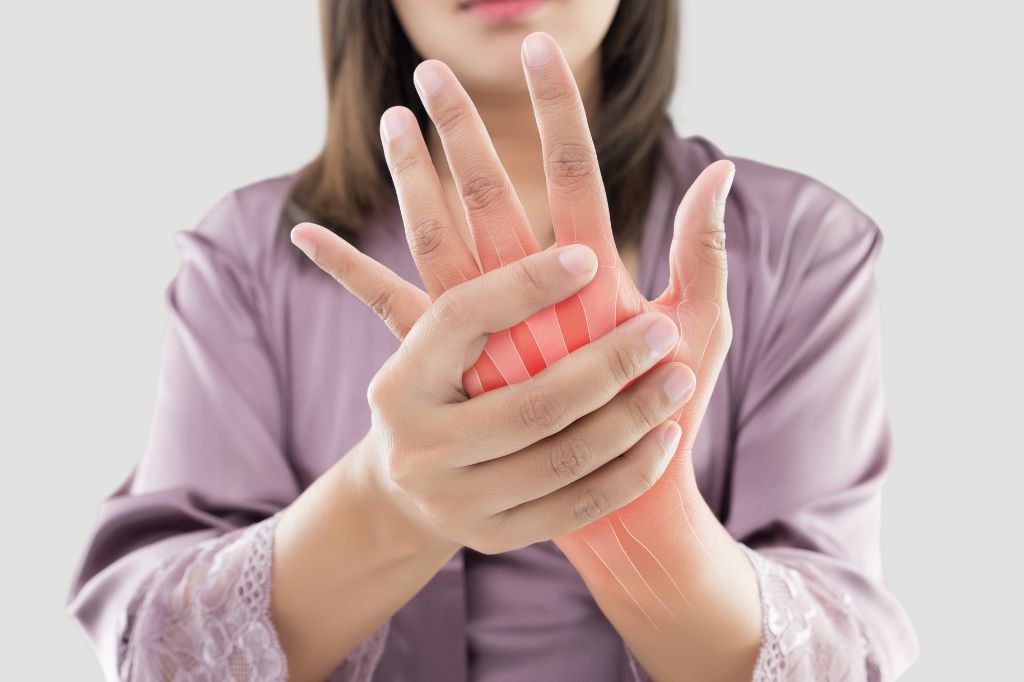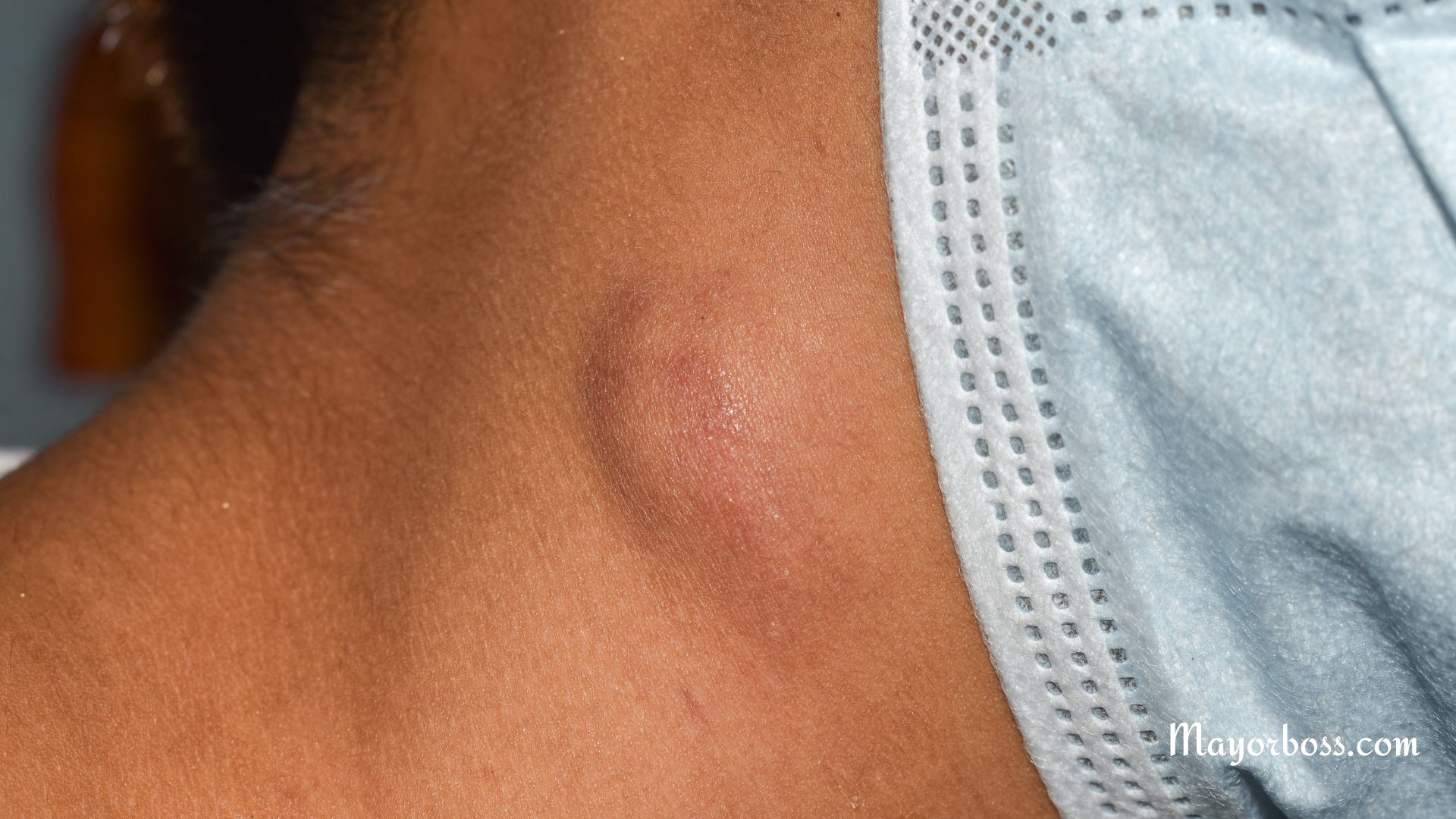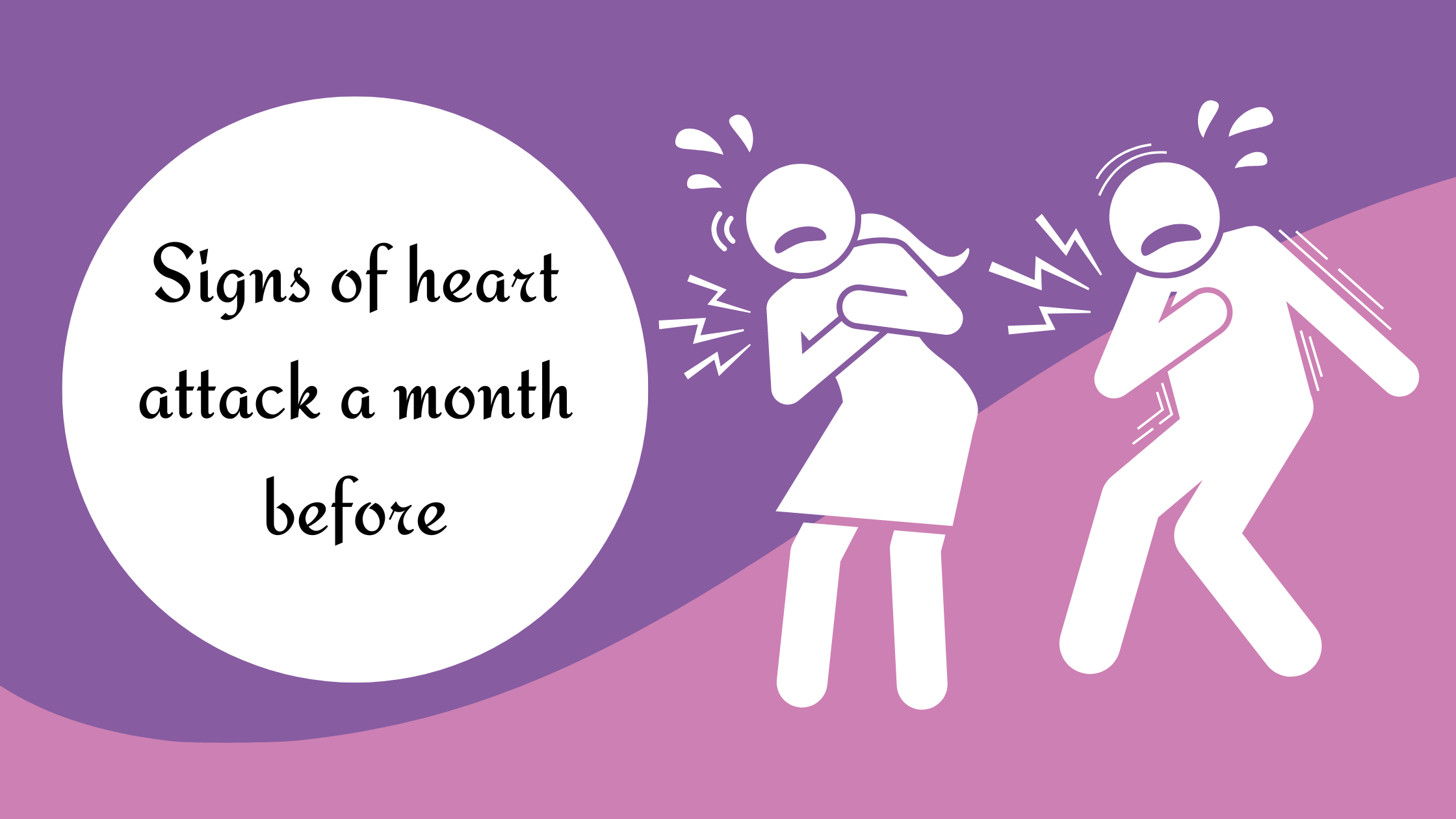Polycystic Ovary Syndrome (PCOS)
Polycystic Ovary Syndrome, often referred to as PCOS, is a common health condition that affects women of reproductive age. It is characterized by hormonal imbalances and metabolism problems that may affect overall health and appearance.
PCOS is also a common cause of infertility in women.
Types of Polycystic Ovary Syndrome (PCOS)
PCOS is not a uniform condition but a syndrome, meaning it is characterized by a group of signs and symptoms.
While there is still some debate among medical professionals, it is generally accepted that there are four types or phenotypes of PCOS:
Insulin-resistant PCOS
This is the most common type of PCOS and is directly linked to insulin resistance, causing the body’s cells to not respond well to insulin.
This resistance leads to higher levels of insulin in the body, which in turn stimulates the ovaries to produce more androgens or male hormones.
Post-pill PCOS
This type can occur after stopping hormonal birth control, which may have been masking the symptoms of PCOS.
Women may experience temporary symptoms of PCOS — like irregular or absent periods — as the body adjusts to coming off the pill.
Inflammatory PCOS
This type of PCOS is driven by inflammation rather than hormone imbalances.
Chronic inflammation in the body can disrupt ovulation and lead to PCOS symptoms.
Adrenal PCOS
This form of PCOS is less common and is characterized by the adrenal glands producing too much DHEA-S — a type of androgen.
This is often diagnosed when women have normal insulin levels but high DHEA-S levels.
Each type of PCOS has its own specific triggers and treatments, so it’s crucial to work with a healthcare provider to understand which type you might have and develop an effective treatment plan.
What Causes PCOS?
Although the actual cause of PCOS is unknown, some factors might have a part in it:
Excess insulin
Insulin is a hormone your body produces in the pancreas.
It helps your cells use sugar (glucose) for energy, which is what your body needs to work properly.
If you have insulin resistance, your body can’t use insulin well.
This means your pancreas has to make more insulin to do the job.
Too much insulin can mess with your ovaries. It can make them produce more male hormones (androgens), which can stop the ovaries from releasing an egg as they should.
Low-grade inflammation
Women with PCOS often have low-grade inflammation, which can stimulate the ovaries to produce androgens.
Heredity
Certain genes might be linked to PCOS.
If your mother or sister has it, you have a higher chance of developing it too.
What Are The Symptoms of PCOS?
The symptoms of PCOS often start soon after a woman starts to menstruate.
The type and severity of symptoms varies from person to person, but they may include:
- Irregular periods
- Heavy bleeding
- Weight gain or difficulty losing weight
- Excess hair growth (hirsutism), especially on the face, chest, buttocks, and back
- Darkening of skin, especially in the folds of your neck, in your groin area, and under your breasts.
- Infertility
- Acne, oily skin, or dandruff
- Skin tags in the armpits or neck area
If you suspect that you have PCOS, it’s important to seek a diagnosis from a healthcare provider.
How is PCOS diagnosed?
There’s no single test for PCOS.
Diagnosis is usually based on a combination of your medical history, a physical exam, blood tests to measure hormone levels, and sometimes an ultrasound to check for the presence of cysts in the ovaries.
Your doctor will rule out other conditions that could cause similar symptoms before diagnosing PCOS.
Treatment Options for Polycystic Ovary Syndrome (PCOS)
While there’s no definitive cure for PCOS, the condition can be effectively managed with various treatments and lifestyle changes.
The goal is to manage symptoms, prevent complications, and improve the quality of life.
Here are some common treatment strategies:
Lifestyle Changes
This is often the first line of treatment.
Regular exercise, a healthy diet, and weight management can help reduce symptoms and manage the condition.
For overweight women, even a modest reduction in weight can help improve symptoms.
Medications
Several types of medication may be recommended:
- Hormonal Birth Control: Pills, patches, or vaginal rings that contain hormones can help regulate your menstrual cycle and reduce symptoms such as excess hair growth and acne.
- Anti-androgen Medications: These can help reduce excess hair growth and acne. They work by blocking the effect of androgens in your body.
- Metformin: This medication for type 2 diabetes can help lower insulin and androgen levels and can improve menstrual regularity.
Fertility Treatments
If you’re having difficulty getting pregnant, certain medications can help stimulate ovulation. In some cases, you may need more advanced treatments like in-vitro fertilization (IVF).
Surgery
In rare cases when other treatments aren’t effective, a surgical procedure called laparoscopic ovarian drilling (LOD) may be considered. This method uses heat or a special light (laser) to get rid of the part of the ovaries that makes male hormones (androgens).
Remember, the best treatment for you will depend on your specific symptoms, your plans for getting pregnant, and your risk of long-term health problems like diabetes and heart disease.
It’s important to work closely with your healthcare provider to come up with a treatment plan that works best for you.
Frequently Asked Questions
Can you still get pregnant if you have PCOS?
Yes, you can still get pregnant even if you have PCOS.
However, you might face some challenges due to irregular ovulation or periods.
Treatments are available to help stimulate ovulation and increase the chances of pregnancy.
What lifestyle changes can help manage PCOS symptoms?
A balanced diet, regular physical activity, and maintaining a healthy weight can all help manage PCOS symptoms.
A diet low in refined carbohydrates can help regulate blood sugar levels and prevent insulin spikes which are common in PCOS.
Does PCOS increase the risk of other health problems?
Yes, PCOS can increase the risk of certain conditions, including type 2 diabetes, heart disease, mood disorders, and endometrial cancer.
Regular check-ups and screenings are essential for early detection and management of these conditions.
Is there a cure for PCOS?
While there’s no cure for PCOS, its symptoms can be effectively managed with lifestyle modifications and medication.
Each individual’s treatment plan will differ based on their specific symptoms and overall health profile.
Regular consultations with a healthcare provider are key to managing PCOS effectively.
Resources
- American College of Obstetricians and Gynecologists. Polycystic Ovary Syndrome (PCOS).
- Polycystic ovary syndrome: definition, aetiology, diagnosis and treatment. Nature Reviews Endocrinology.
- U.K. National Health Service. Symptoms -Polycystic ovary syndrome
- Cleveland Clinic. Polycystic Ovary Syndrome (PCOS)






